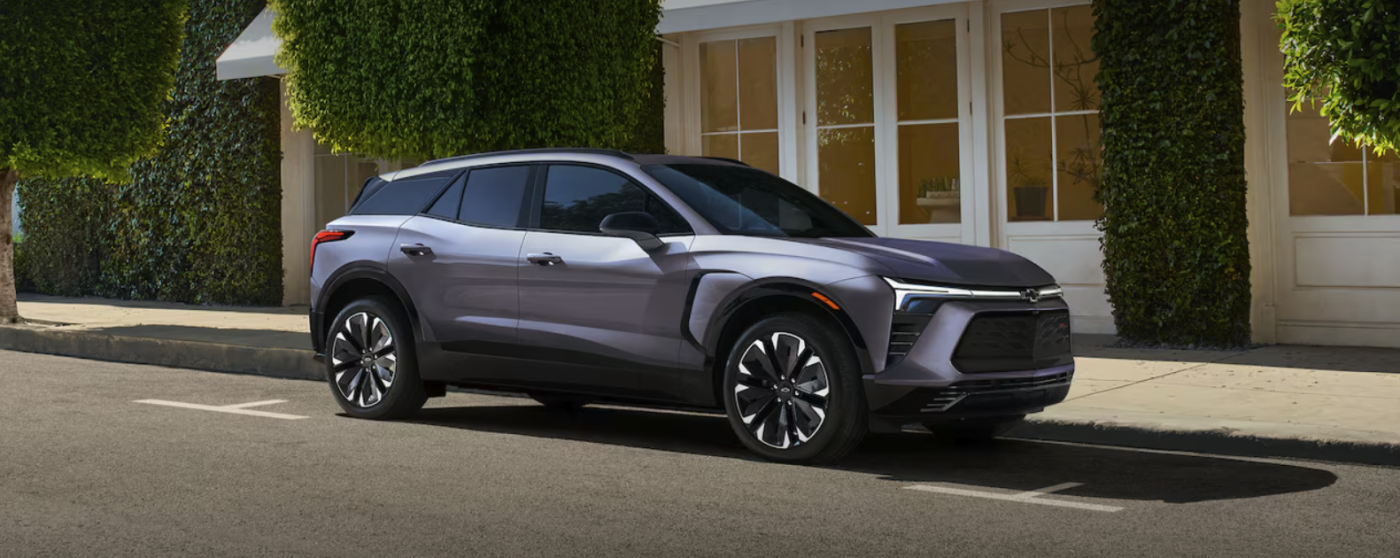As the U.S. grapples with how to fund its aging infrastructure, lawmakers in Congress have proposed a new federal annual tax on electric and hybrid vehicles. Framed as an “EV registration fee,” this tax would charge $250 per year for electric vehicles and $100 for hybrids—regardless of usage, emissions savings, or fuel efficiency. But a deeper analysis reveals that this tax is not only regressive—it disproportionately harms clean vehicle owners, especially seniors, and breaks with decades of precedent in American transportation policy.
A Misguided Approach: Clean Vehicle Owners Pay More Than Gas Guzzlers
Consumer Reports conducted an in-depth comparison between this proposed clean vehicle tax and what average drivers currently pay in federal gasoline taxes. The results are striking:
-
EV owners would pay over 3× more than owners of an average new gasoline vehicle.
-
Seniors who drive less would be hit hardest—nearly 6× the tax for owning an EV versus driving a 28-mpg gas car.
-
Hybrid owners would pay 2× more than if they drove a conventional gas SUV—even if they didn’t drive at all.
📊 Visual Comparison: Annual Federal Vehicle Tax by Type (Average U.S. Driver)
| Vehicle Type | Fuel Economy | Est. Federal Gas Tax | Proposed New Tax | EV/Hybrid Penalty |
|---|---|---|---|---|
| Full-Size Gas Pickup (V8) | 19 mpg | $107 | N/A | — |
| Average Existing Gas Vehicle | 23 mpg | $89 | N/A | — |
| Average New Gas Vehicle | 28 mpg | $73 | N/A | — |
| Toyota RAV4 Hybrid (AWD) | 39 mpg | $52 | $100 | +92% |
| Average EV (No Gas Use) | — | $0 | $250 | ∞ |
Table comparing federal gas taxes and proposed EV/hybrid fees. EV owners would pay far more than gas car owners.
Why Seniors Would Be Hit Hardest
Data from the Federal Highway Administration show that Americans aged 65 and older drive 43% fewer miles annually than the average driver. Yet under this flat-fee system, they would be forced to pay the same $250 annual tax as someone who drives an EV across the country.
A senior who drives a hybrid SUV just a few miles a week could still end up paying more than 3× the federal gas tax of a driver behind the wheel of a full-size, gas-guzzling pickup.
A Tax Out of Step with Modern Policy
Unlike fuel taxes, which scale based on use and efficiency, the proposed EV tax is flat and usage-independent. Even worse, the legislation includes a mechanism to increase EV and hybrid taxes with inflation, while leaving the stagnant 18.4¢ per gallon federal gas tax untouched, exacerbating the disparity over time.
EVs and hybrids are not the reason for the Highway Trust Fund shortfall. According to the Union of Concerned Scientists, EVs account for just a 2% drop in fuel tax effectiveness, while 79% of the shortfall comes from inflation and increased construction costs—mainly due to Congress's failure to raise the gas tax since 1993.
A Better Solution: Fair, Usage-Based Reform
The idea of EV owners contributing their fair share to road maintenance isn’t controversial. But a blanket tax that punishes cleaner choices—and does so without regard for how much someone drives—is neither fair nor forward-looking.
A sustainable road funding model should:
-
Account for mileage and efficiency, not just vehicle type.
-
Be progressive, not regressive—especially for seniors and low-income drivers.
-
Reflect a broad, inclusive process with public input—not a rushed, partisan agenda.
The future of transportation funding deserves more than an ill-conceived surcharge on innovation and environmental responsibility.
See more blogs and news about EV Tax on EVDANCE official website.








Share:
The $250 EV Tax: A Punitive Throwback with No Legal Precedent
Why Now Might Be the Smartest Time to Buy a Used EV